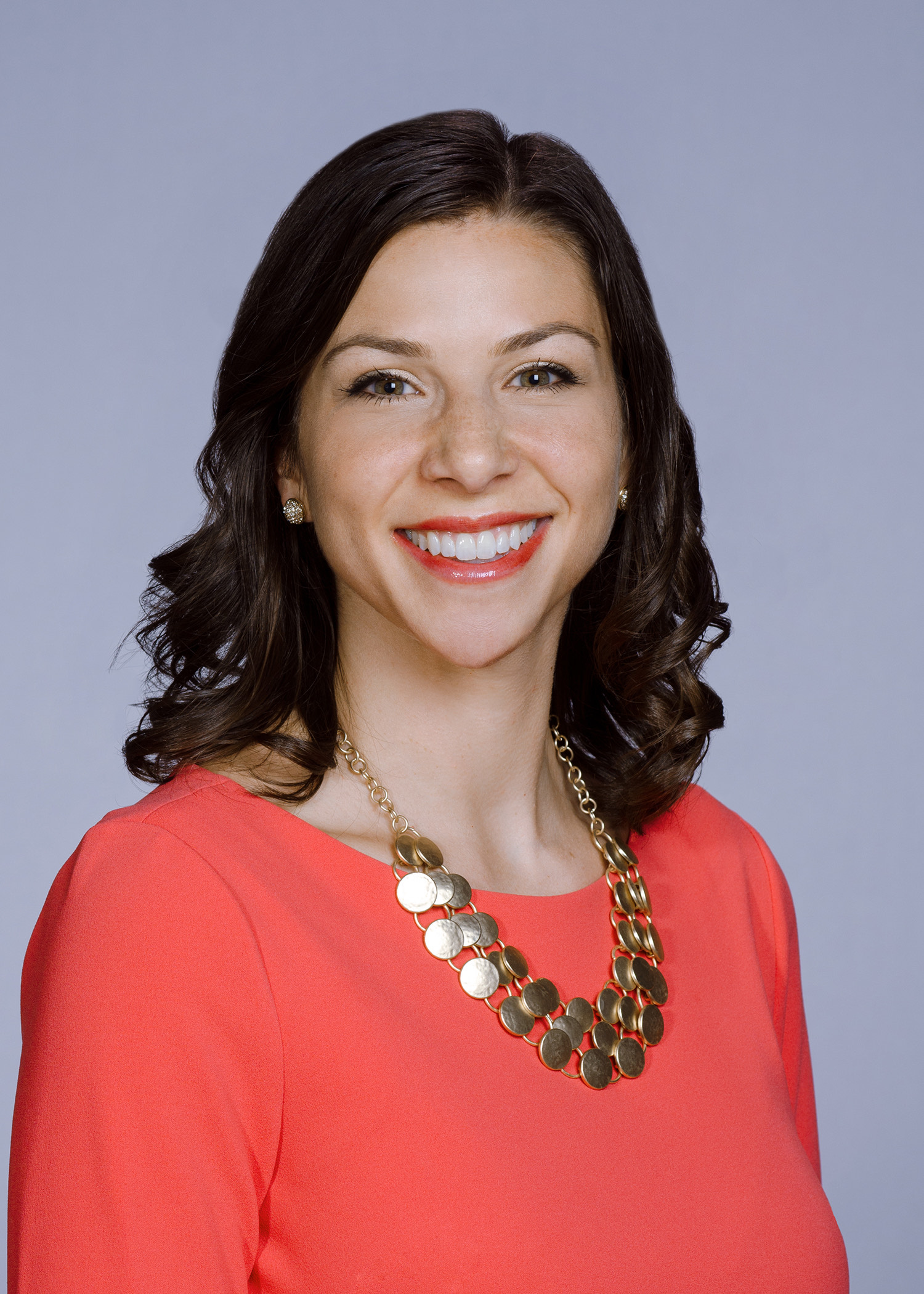This past year, I was appointed to serve on the Virginia Board of Education Lab School Committee to review lab school applications from local school divisions and higher education- either community colleges or four-year universities. The concept of lab schools originally was enacted into law by the General Assembly in 2010. Today, with refreshed interest in the concept of lab schools, the following planning grant applications have been awarded funds to create pathways to opening lab schools:
- Central Virginia Community College
- Eastern Shore Community College
- Emory and Henry College
- George Mason University
- Germanna Community College
- Mountain Gateway Community College
- New College Institute
- Norfolk State University
- Old Dominion University - Chesapeake
- Old Dominion University - Newport News
- Piedmont Community College
- Roanoke College
- Tidewater Community College
- University of Lynchburg
- University of Mary Washington
- University of Virginia
- Virginia Commonwealth University
- Virginia Union University
Two planning grants have entered the phase in which they are moving forward in the Board of Education approval process. Both of these include school division participation from VaSCL members including Mecklenburg County Public Schools with Southern Virginia Community College and Code RVA (serving multiple VaSCL members) with Virginia Commonwealth University.
Best wishes for a wonderful opening to the 23-24 School Year,
Pam Moran
VaSCL Executive Director
The VCU x CodeRVA Lab School Plan
 Dr. Kim McKnight, contact for the VCU/Code RVA grant and Director of the VCU Center for Teacher Leadership, shares her insights with VaSCL members into how the VCU and Code RVA lab school will help with both the need for highly-qualified and well-prepared teachers in every Virginia classroom and integrating computer science curriculum across content areas:
Dr. Kim McKnight, contact for the VCU/Code RVA grant and Director of the VCU Center for Teacher Leadership, shares her insights with VaSCL members into how the VCU and Code RVA lab school will help with both the need for highly-qualified and well-prepared teachers in every Virginia classroom and integrating computer science curriculum across content areas:
“I was a kindergarten teacher with a Master's degree and became very frustrated in my first semester of my PhD program when I began to learn more about education research. I remember thinking, "Why didn't I know about this as a classroom teacher?" It was through this exercise that I learned about laboratory schools. I began to attend the International Association of Laboratory Schools conferences and learned about these university affiliated schools that rely on partnerships.
Fast forward, I direct the Center for Teacher Leadership at Virginia Commonwealth University where we run, RTR Teacher Residency, the largest and longest standing teacher residency program in Virginia. A teacher residency is based on a medical residency where a pre-service teacher works alongside a mentor teacher for a full year while earning their education degree. We are partnered with sixteen school divisions across the state to recruit, train, support, and retain high quality teachers in hard to staff schools.
Over the past year, I have had the distinct honor to partner with Dr. Kume Goranson, Executive Director of CodeRVA regional high school as we embark on a lab school called VCU x CodeRVA Lab School. We have three main missions: a commitment to an exemplary education for the students attending, successfully preparing future teachers and providing ongoing teacher development training across the state, and a commitment to research and dissemination of new ideas related to improving education within university and community settings. We will begin by training two RTR residents at CodeRVA while also focusing on an expansion across PK-12 with a computer science integrated curriculum that pulls from the best practices of CodeRVA's model and RTR's model.
If you are interested in learning more, please reach out to me at This email address is being protected from spambots. You need JavaScript enabled to view it..
